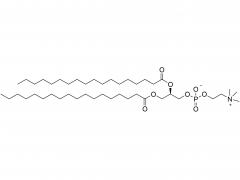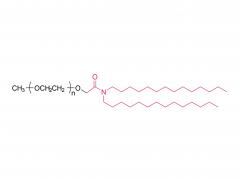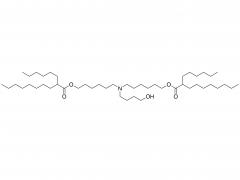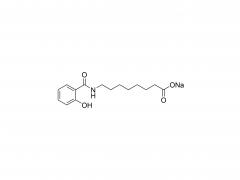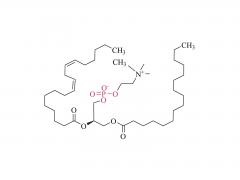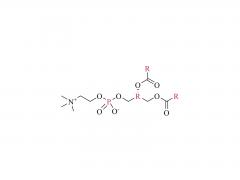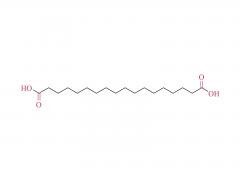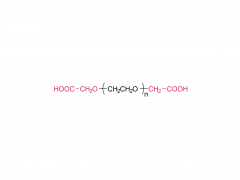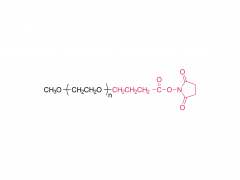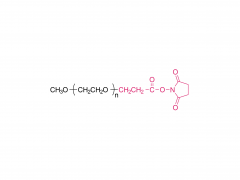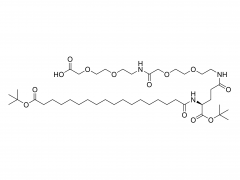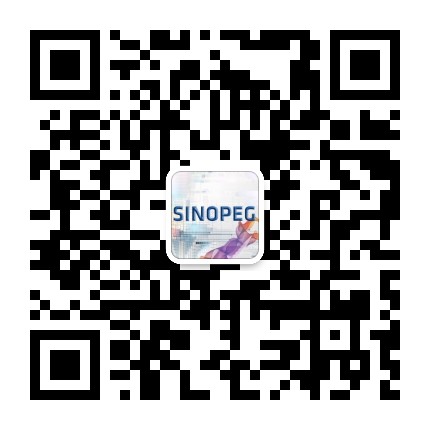Entwicklung von Lipid-Nanopartikeln zur Verbesserung der intrazellulären Verabreichung von transformierendem Wachstumsfaktor-beta-siRNA (siTGF-β1) mittels Inhalation zur Verbesserung der Lungenfibrose nach Bleomycin-Gabe
Abstrakt
Hintergrund/Ziele: Transformierender Wachstumsfaktor-beta (TGFβ1) spielt eine zentrale Rolle bei der Lungenfibrose (PF). Das Fortschreiten der Lungenfibrose kann durch siRNA-basierte Hemmung von TGF-β1 verlangsamt werden. Die Einschränkungen ungebundener siRNA führen jedoch dazu, dass keine therapeutische Wirkung erzielt wird. Ziel dieser Studie war die Entwicklung von Lipidnanopartikeln (LNPs), die siTGF-β1 zu therapeutischen Zwecken in die Lunge transportieren können. Methoden: In-vitro-Zytotoxizitäts- und Transfektionsassays wurden zur Identifizierung ionisierbarer Lipide (ILs) eingesetzt. Mithilfe von Versuchsplanung (DOE) wurden neuartige LNPs mit erhöhter Resistenz gegenüber Scherkräften bei der Zerstäubung entwickelt. Abschließend wurde der Einfluss von siTGF-β1-beladenen LNPs (siTGFβ1-LNPs) auf die PF untersucht. Ergebnisse: Bei Verwendung von DLin-DMA-MC3 (MC3) als ionischer Flüssigkeit (IL) betrug das Lipidphasenverhältnis MC3:DSPC:DMG-PEG2000:Cholesterin = 50:10:3:37 und das N/P-Verhältnis 3,25. Die siTGFβ1-LNPs konnten durch Zerstäubung der Lösung in ein Aerosol stabil in die Lunge transportiert werden. In-vitro-Experimente bestätigten die hohe Sicherheit und Verkapselungseffizienz der siTGFβ1-LNPs sowie deren Fähigkeit zur zellulären Aufnahme und zum endosomalen Escape. Darüber hinaus reduzierten die siTGFβ1-LNPs signifikant die Entzündungsinfiltration, verringerten die Ablagerung von extrazellulärer Matrix (ECM) und schützten das Lungengewebe vor der Toxizität von Bleomycin (BLM), ohne systemische Toxizität zu verursachen. Schlussfolgerung: Die siTGFβ1-LNPs können effektiv in die Lunge transportiert werden, was zur Stilllegung der TGF-β1-mRNA und zur Hemmung des epithelial-mesenchymalen Übergangs führt und somit den Prozess der Lungenfibrose verzögert. Dies bietet eine neue Methode zur Behandlung und Intervention bei Lungenfibrose.
Schlüsselwörter: Versuchsplanung (DOE); Lipid-Nanopartikel (LNPs); Lungenfibrose (PF); siRNA-Verabreichung; transformierender Wachstumsfaktor β1 (TGF-β1).
Produkt:






